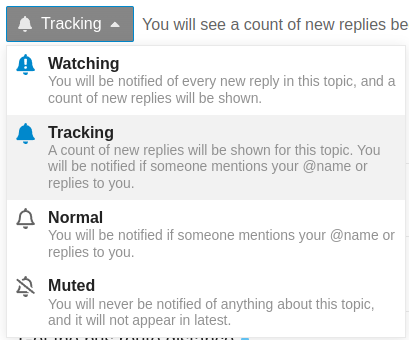Let’s not confuse “a public demo that @stevea can play with” with “vaporware”. We all reacted quite skeptically to the original announcement, but from where I sit, I see:
- A public github repository with 8 contributors and continuous activity over the last year. Granted, this is less than the 21 contributors to openstreetmap-website in the last year, but clearly we are looking at a project with active development.
- A project roadmap which is rapidly approaching the “feature parity” point by its own estimation.
There is certainly code that someone can check out of a github repository and run for themselves. Despite @NorthCrab’s flamboyant announcement style, ChatGPT-style prose, and over-use of emoji, describing his project as “vaporware” is quite unfair to this apparent group of community contributors that are earnestly working on it.
It appears that not only has @NorthCrab ignored the naysayers, but he has also come to be leading a community project with a small cadre of contributors. A better response would be “thank you”.
As I’ve noted previously, even if he fails, we lose nothing in the attempt, and may learn something from it.
I, for one, will be amused if we find ourselves in a situation where the official OSM software for something is demonstrably worse than a competitor project that is run by folks that aren’t in the “in group” that controls what software flies the project’s flag. In other words, what we have today with iD versus Rapid.
“Slow down” is bad advice to give on this or any FOSS project. What happened to the “do-ocracy”? He is doing. Sit back, pass the  , and see what happens. If it fails, THEN you can fling the unpopped kernels at him. Until then, if you aren’t part of the solution, we have little to gain by poo-pooing people that have rolled up their sleeves and are trying to be.
, and see what happens. If it fails, THEN you can fling the unpopped kernels at him. Until then, if you aren’t part of the solution, we have little to gain by poo-pooing people that have rolled up their sleeves and are trying to be.
And one last note, as a FOSS agitator and maintainer myself – publicity is necessary to gain contributors. We cannot simultaneously say “go off and do” but also “but be quiet about it”. He must be loud about it if he aims to achieve community participation.
So please, if this thread is bothersome, avail yourself of the dropdown box at the bottom of the thread:

![]() .
.